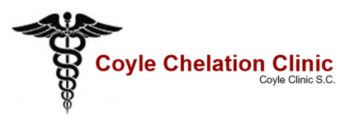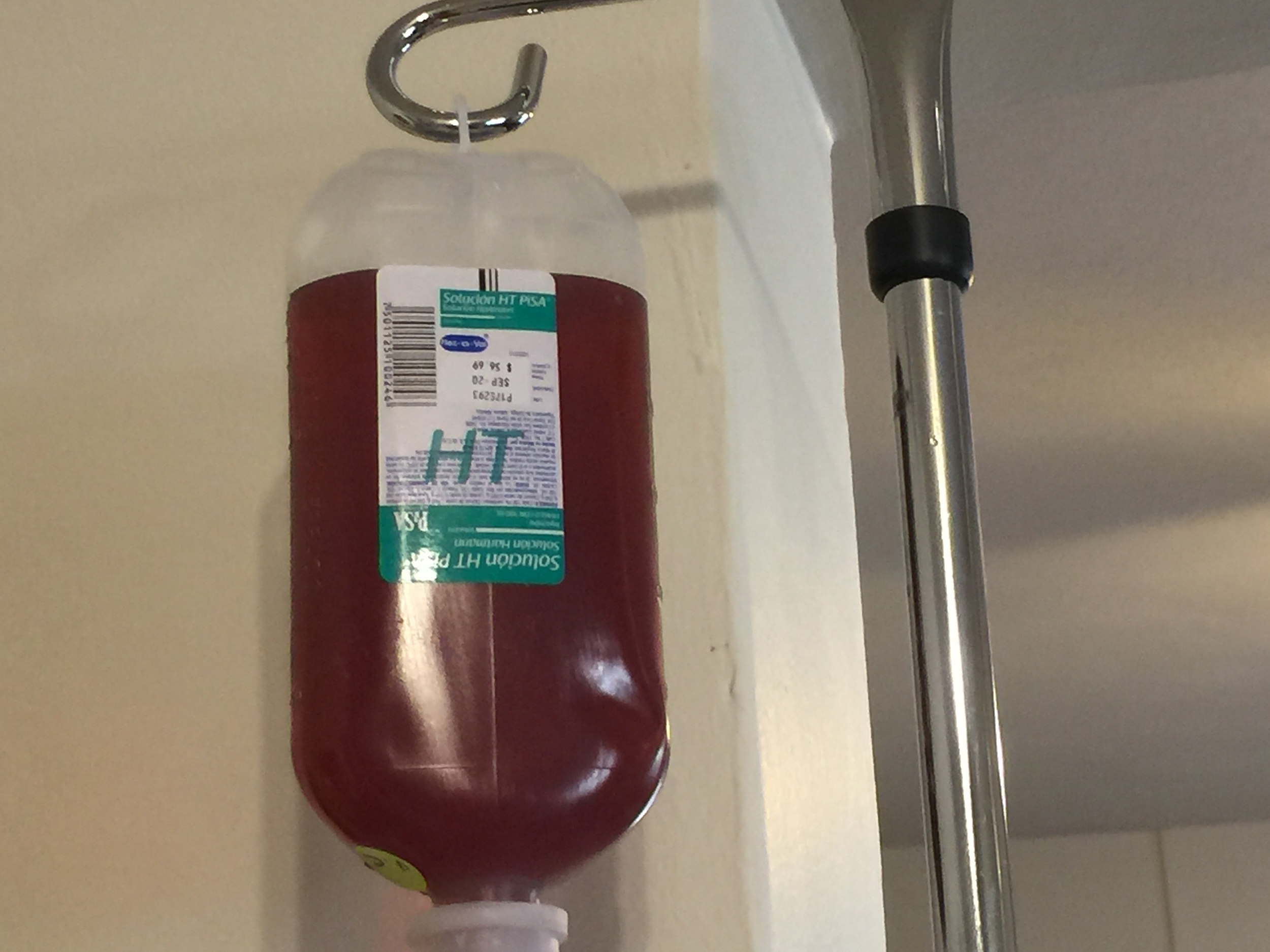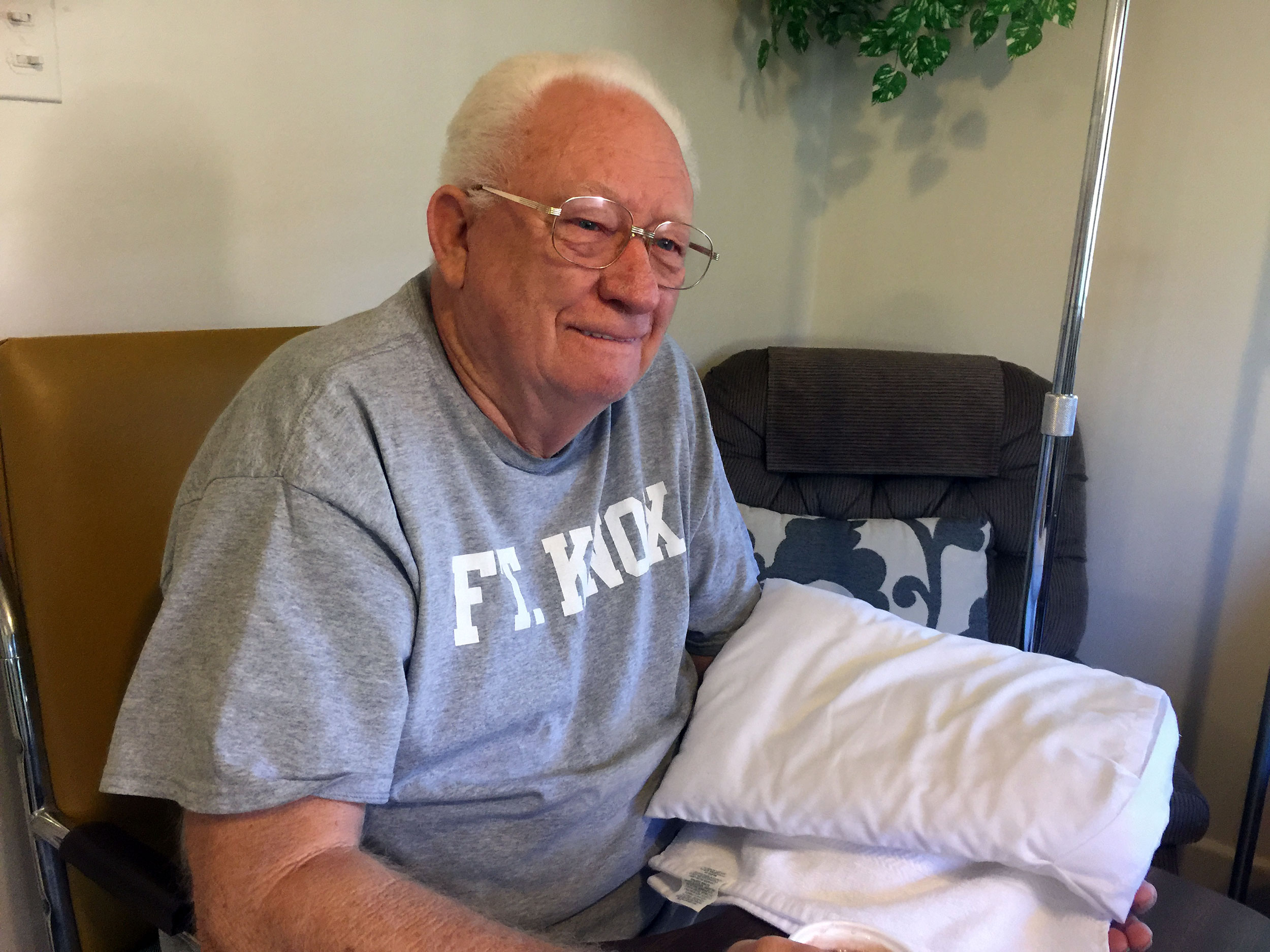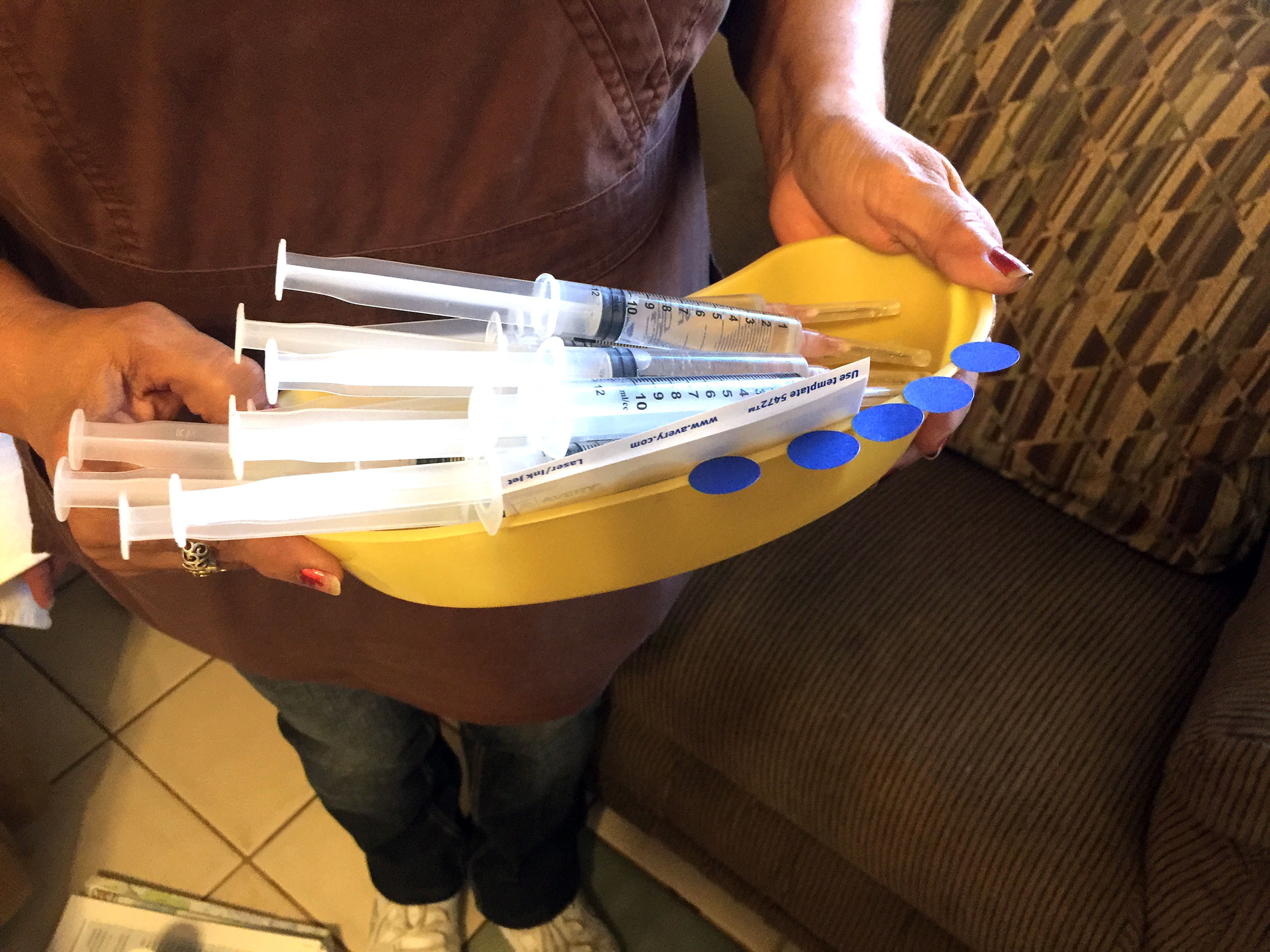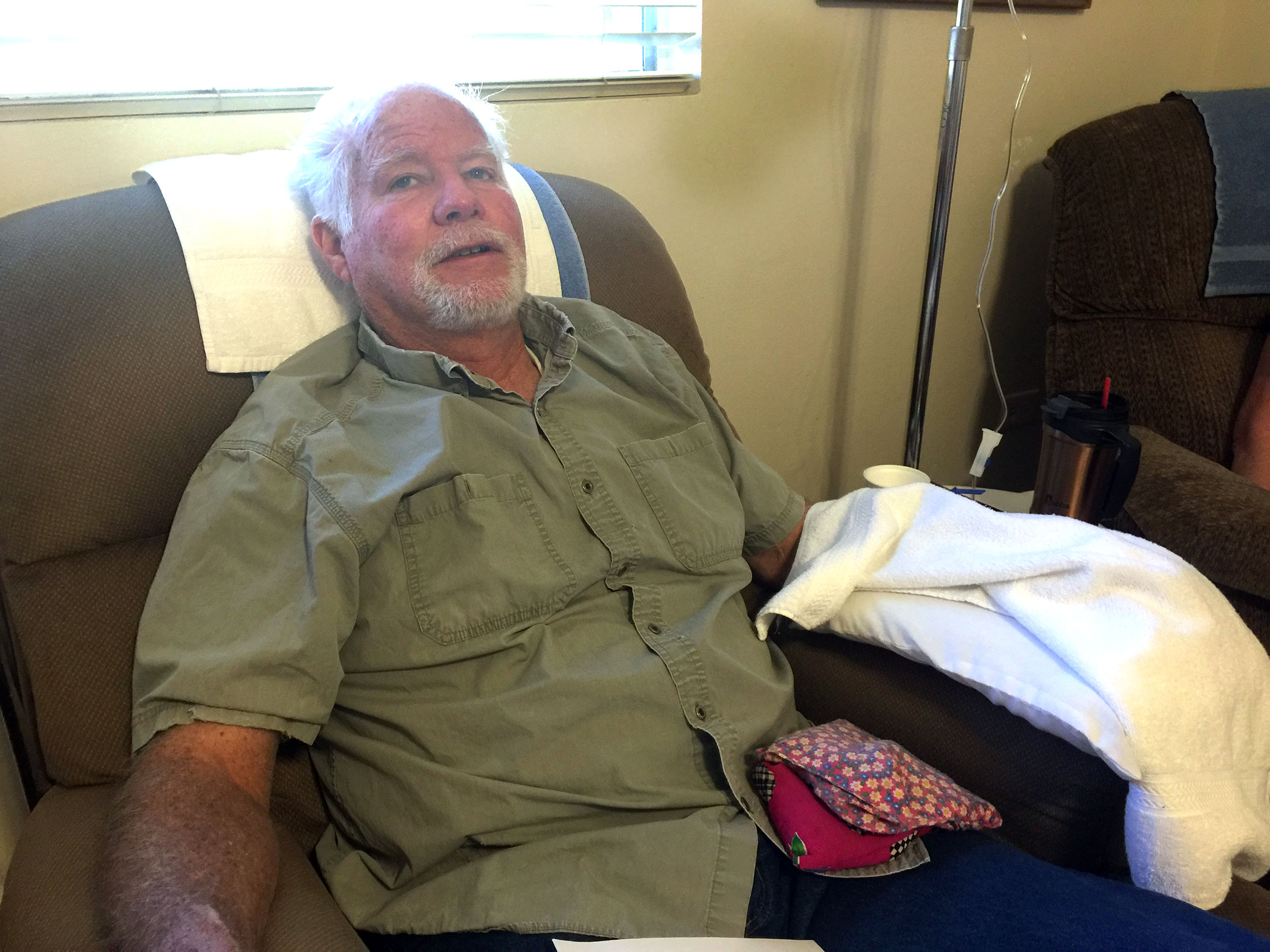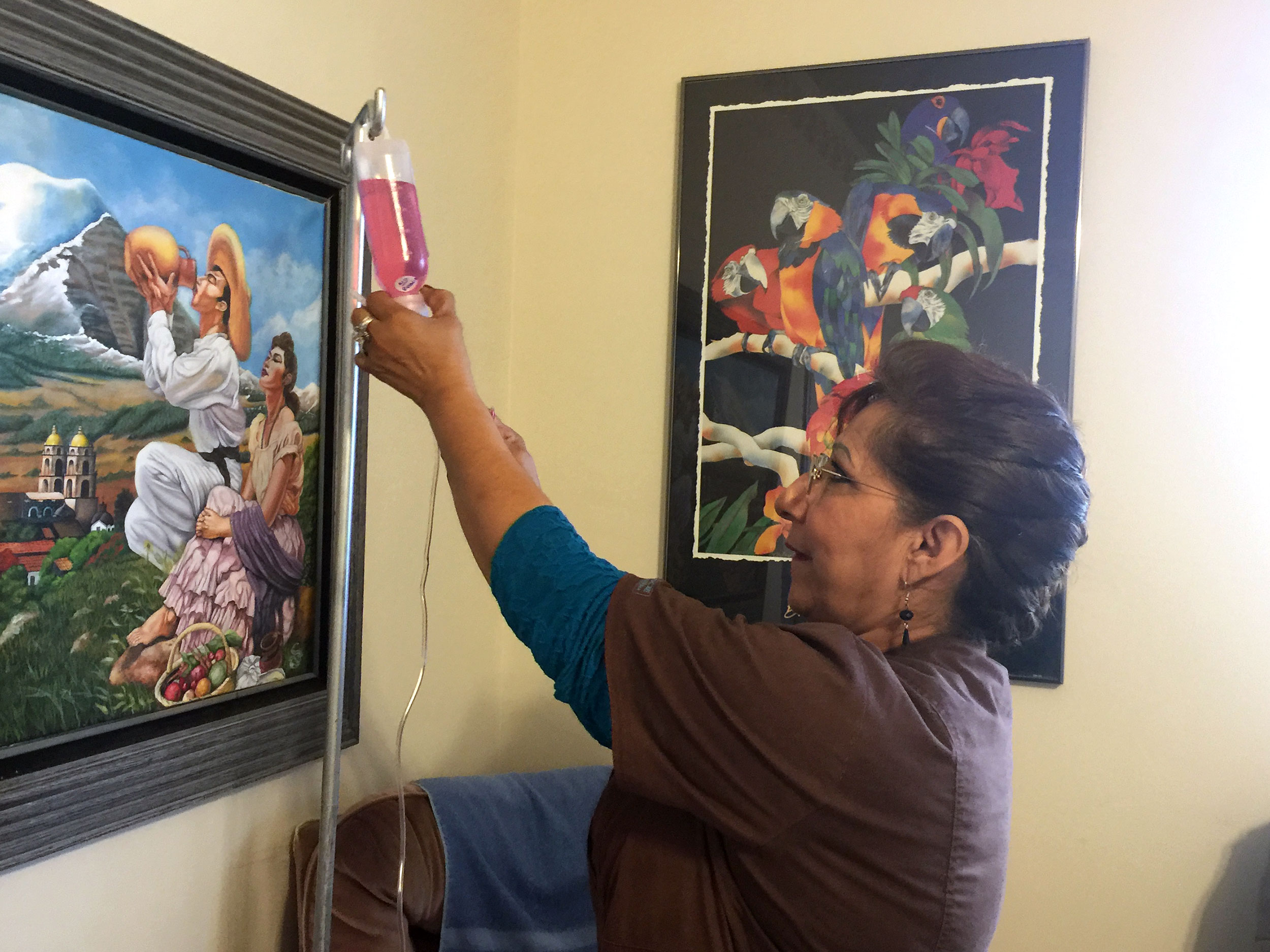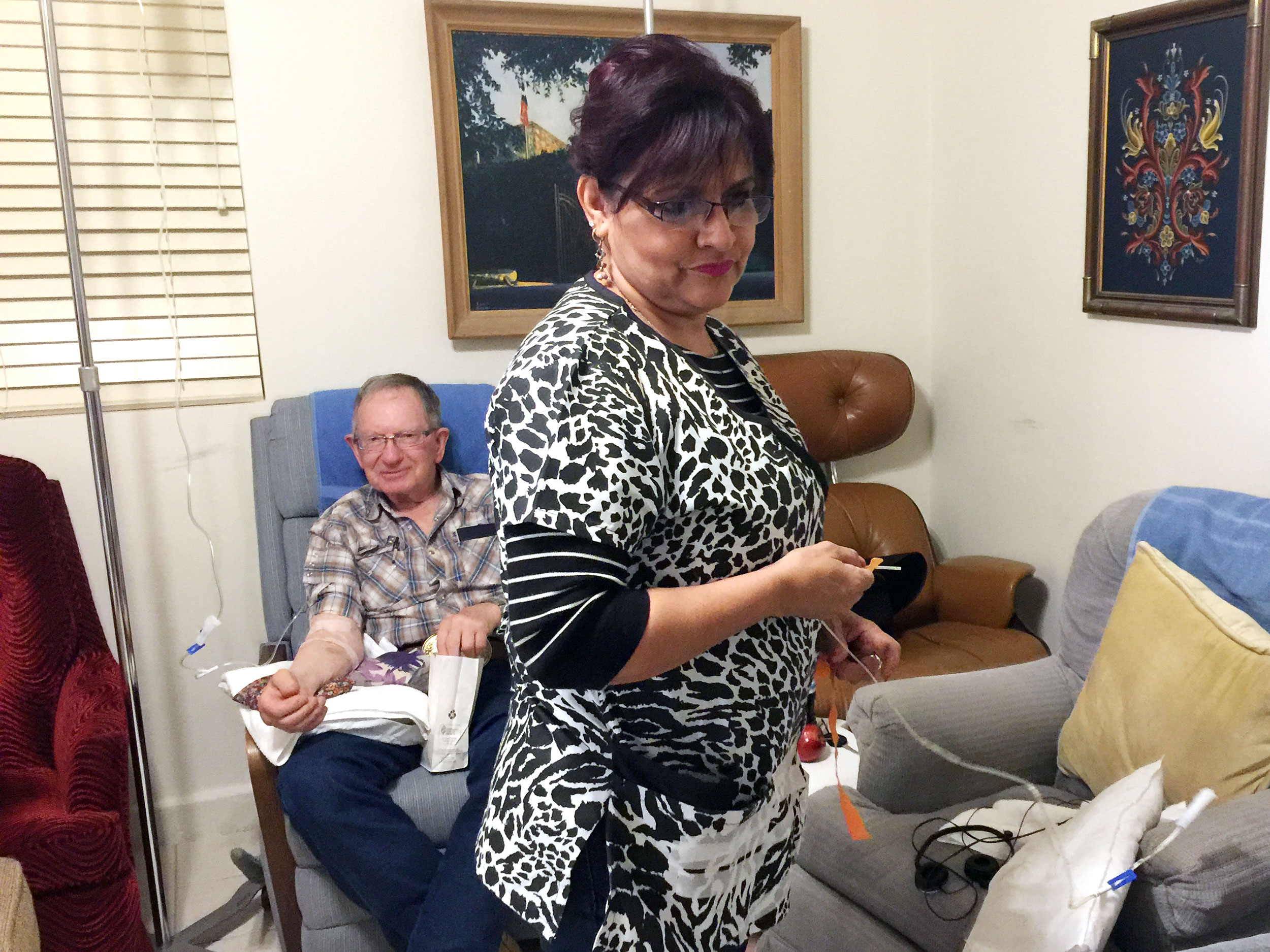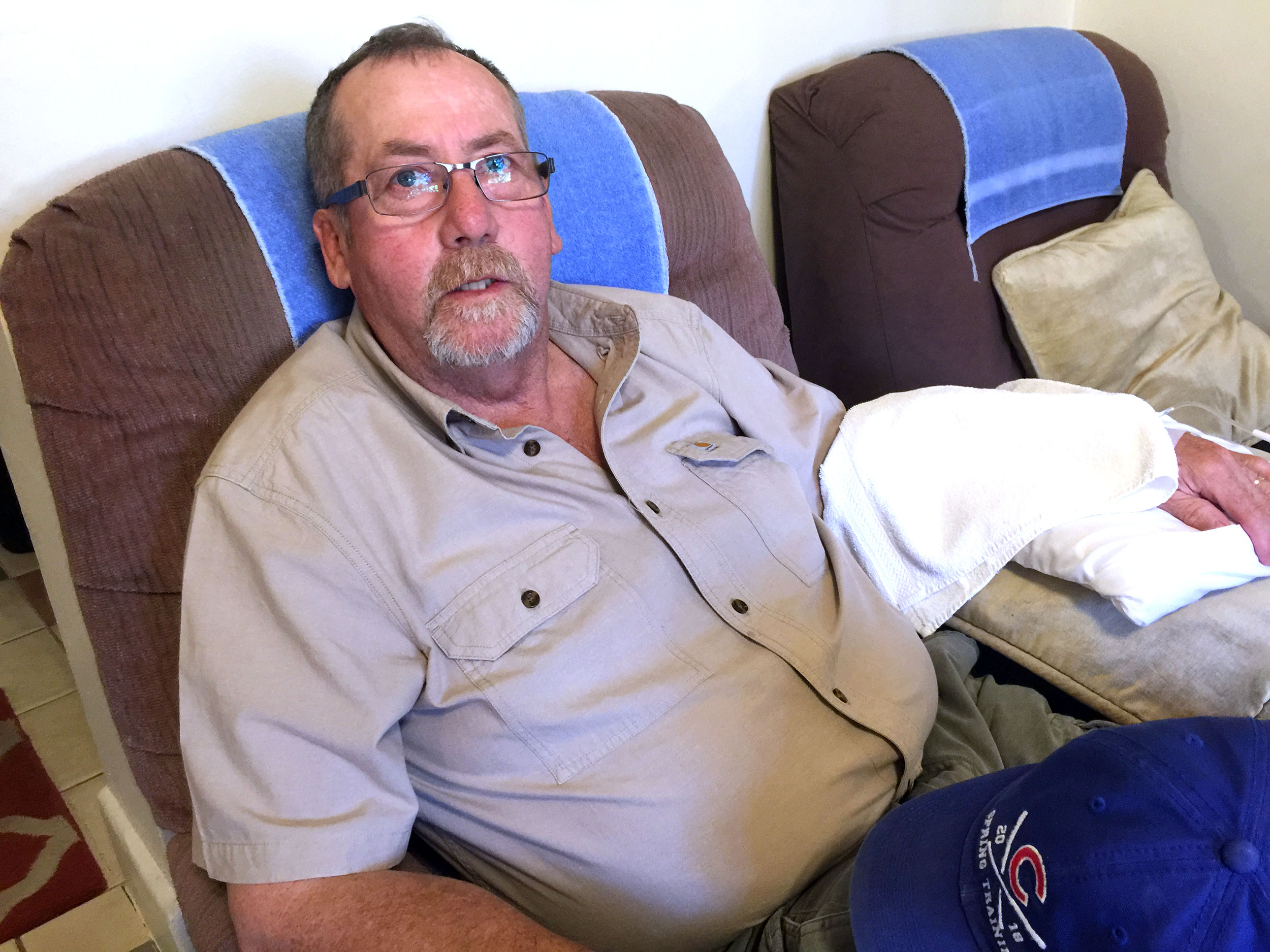Iron infusion is a procedure in which iron is delivered to your body intravenously.
Iron infusions are usually prescribed by doctors to treat iron deficiency anemia. Iron deficiency anemia is typically treated with dietary changes and iron supplements that you take in pill form. In some cases, though, doctors may recommend iron infusions instead.
IV Iron and Anemia
What is Anemia?
Anemia is a condition that develops when your blood lacks enough healthy red blood cells or hemoglobin. Hemoglobin is a main part of red blood cells and binds oxygen. If you have too few or abnormal red blood cells, or your hemoglobin is abnormal or low, the cells in your body will not get enough oxygen. Symptoms of anemia — like fatigue — occur because organs aren’t getting what they need to function properly.
Anemia is the most common blood condition in the U.S. It affects about 3.5 million Americans. Women, young children, and people with chronic diseases are at increased risk of anemia. Important factors to remember are:
- Certain forms of anemia are hereditary and infants may be affected from the time of birth.
- Women in the childbearing years are particularly susceptible to iron-deficiency anemia because of the blood loss from menstruation and the increased blood supply demands during pregnancy.
- Older adults also may have a greater risk of developing anemia because of poor diet and other medical conditions.
Types of Anemia
There are many types of anemia. All are very different in their causes and treatments. Iron-deficiency anemia, the most common type, is very treatable with diet changes and iron supplements. Some forms of anemia—like the mild anemia that develops during pregnancy—are even considered normal. However, some types of anemia may present lifelong health problems.
Anemia Symptoms
The most common symptom of all types of anemia is a feeling of fatigue and a lack of energy. In mild cases, there may be few or no symptoms. As the condition worsens, anemia symptoms will intensify. The most common of these is exhaustion. Long-term anemia may damage the brain, heart and other organs. Severe anemia may lead to death. Other common symptoms may include:
- Weakness
- paleness of skin
- fast or irregular heartbeat
- shortness of breath
- chest pain
- headache, dizziness, light-headedness
- Inflammation or soreness of the tongue
- Brittle nails
- Unusual caring for non-nutritive substances, such as dirt or starch
- And poor appetite, especially in infants and children with iron deficiency anemia
Anemia Causes
There are three main causes of anemia. Blood loss is the most common, specifically in iron-deficiency anemia. Blood loos may occur with heavy menstrual periods, bleeding in the digestive or urinary track, surgery, trauma or cancer bay also cause blood loss.
The second main cause is the lack of red blood cell production. Decreased red blood cell production may either be an inherited or acquired condition. Diet, hormones, chronic disease or pregnancy are conditions and factors that prevent a person’s body from creating enough red blood cells.
Lastly, acquired and inherited conditions and factors may lead to high rates of blood cell destruction. This may occur when someone has an enlarged or diseased spleen, which is the body organ that removes worn out red blood cells. When a spleen is diseased or enlarged, more blood cells than needed may be removed.
Risk factors for anemia include low iron, vitamin or mineral diet; loss of blood after surgery for an injury; long-term illness (cancer, diabetes, HIV/AIDS, heart failure and thyroid disease); long-term infection; or a family history of sickle cell anemia or thalassemia.
Anemia Treatment
Although some types of anemia may be severe and life-threatening if untreated, many types are mild, short-term and easily treated. Some types may be prevented with healthy diet or with dietary supplements. Treatment varies depending upon the cause and the severity of the condition. Adding more meat to a diet can result in increased iron levels in the body. However, there are nonmeat alternatives that are also good sources of iron, including spinach and other dark, leafy greens, tofu, peas and lentils, dried fruits, prune juice and iron-fortified cereals and breads. Folic acid and Vitamin B12 supplements can also help treat anemia. Vitamin C can help the body absorb iron.
In addition to changes in diet, various medicines, procedures and surgery are also available. A doctor can also prescribe medicines—including antibiotics and hormones, as well as others that stimulate red blood cell production—to treat anemia’s underlying cause.
If the case is severe, a doctor may recommend procedures including blood transfusion, a blood and marrow stem cell transplant or surgery.
